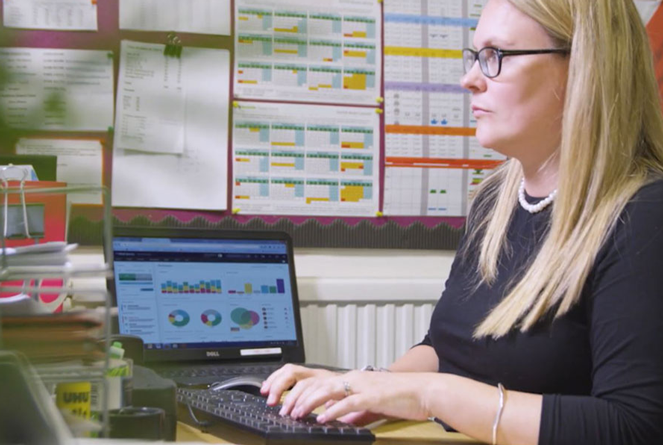Ofsted inspections are a significant source of stress for many educators, contributing to increased workloads, worry, and sleepless nights. However, Ofsted is an unavoidable part of working in education, so it’s important to try to minimise the negative impact Ofsted inspections have on staff well-being.
David West, one of Juniper’s expert HR consultants, has experienced many Ofsted inspections through his customers during his career at Juniper. He is uniquely positioned to offer advice on how schools can successfully navigate the inspection process while also supporting the well-being of education staff, as he does in this blog.
The pressure of Ofsted inspections
Ofsted inspections are a legal requirement ensuring schools and other educational institutions meet the necessary educational and welfare standards set out in the Ofsted framework. While these inspections are necessary, they often cause increased stress and workloads for school leaders and teachers.
A report from 2023 highlighted that 71% of staff believe inspections negatively impact their mental health, with 82% of senior leaders expressing similar concerns. Ofsted inspections may be unavoidable, but their negative effects on staff mental health are.
Strategies for school leaders
Preparation and support: Provide adequate time and resources to ensure staff are well-prepared for inspections. Remind staff that no one is expected to attend Ofsted meetings alone.
Clear communication: Maintain open lines of communication to alleviate fears about inspections.
Focus on well-being: Implement initiatives such as mindfulness sessions, mental health days, and access to counselling services. Minimise isolation by creating a collaborative environment.
Support safeguarding staff: Recognise the high-pressure roles of Designated Safeguarding Lead’s (DSLs) and other safeguarding staff. Provide regular supervision, safeguarding training and access to confidential counselling services to help them manage stress and maintain their mental health.
Promote collaboration: Encourage teamwork and collaboration among staff members to mitigate feelings of isolation and stress during the inspection period.
Post-inspection debrief: Schedule a post-inspection debrief session to discuss the outcomes, gather feedback, and recognise staff efforts.
Seek external help: With an already overflowing workload, making improvements and changes before and after the inspection can become overwhelming. Reach out to external companies for support, who can help with internal school audits and website compliance checks and ensure your school is meeting Ofsted requirements.
What is the Education Staff Well-being Charter, and how can it help schools?
The Education Staff Well-being Charter is a voluntary set of guidelines created by the Department for Education (DfE) along with teaching unions, Ofsted, and mental health experts. It's designed to help schools support the mental health and well-being of their staff, offering principles and commitments that schools can adopt to foster a healthier working environment.
Schools can use the Education Staff Well-being Charter for support during Ofsted inspections. Here’s how:
Adopt the charter
- Show commitment: Schools can officially adopt the charter to show they prioritise staff well-being.
- Make it public: Display the charter on the school’s website and around the school to demonstrate your commitment to staff well-being.
Review and improve policies
- Check current policies: Review your current policies on staff well-being and mental health to ensure they match the charter’s principles.
- Update policies: Create or update policies to address staff workload, mental health support, and creating a positive work environment.
Implement practical strategies
- Manage workload: Introduce ways to reduce staff workloads, like using technology to streamline administrative tasks.
- Well-being programs: Start programs that include mindfulness sessions and access to counselling.
Offer professional development
- Provide training: Offer training on staff well-being, stress management, and resilience.
- Share resources: Give staff access to materials that help them understand and manage their mental health.
By adopting the Education Staff Well-being Charter, schools can create a more supportive and healthier environment for their staff, benefiting the whole school community, especially during Ofsted inspection periods.
Supporting schools through the good, the bad, and the inspection process
Juniper Education offers Inspection Preparation Packages and Bespoke Consultancy, which really make the grade. Plus, well-being CPD programs that have a 99% good or excellent customer satisfaction rating.
Want to join the thousands of schools we've already helped prepare for Ofsted?
Remove the stress of inspections.
Contact us today to stay prepared, whether you're due for an inspection or not.


/Primary%20school%20.jpg?width=2000&name=Primary%20school%20.jpg)








.png?width=940&height=788&name=Lingfield%20College%20Case%20Study%20(5).png)
-1.png?width=1000&height=833&name=National%20Association%20of%20Head%20Teachers%20(3)-1.png)
-3.png?width=1080&height=1080&name=Untitled%20design%20(10)-3.png)






